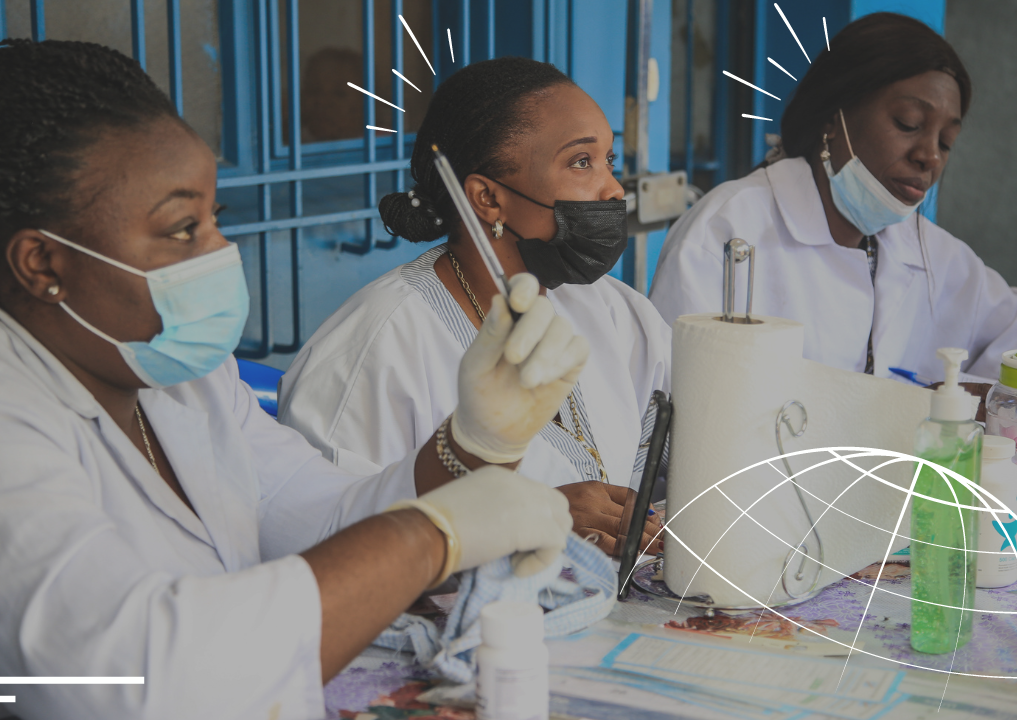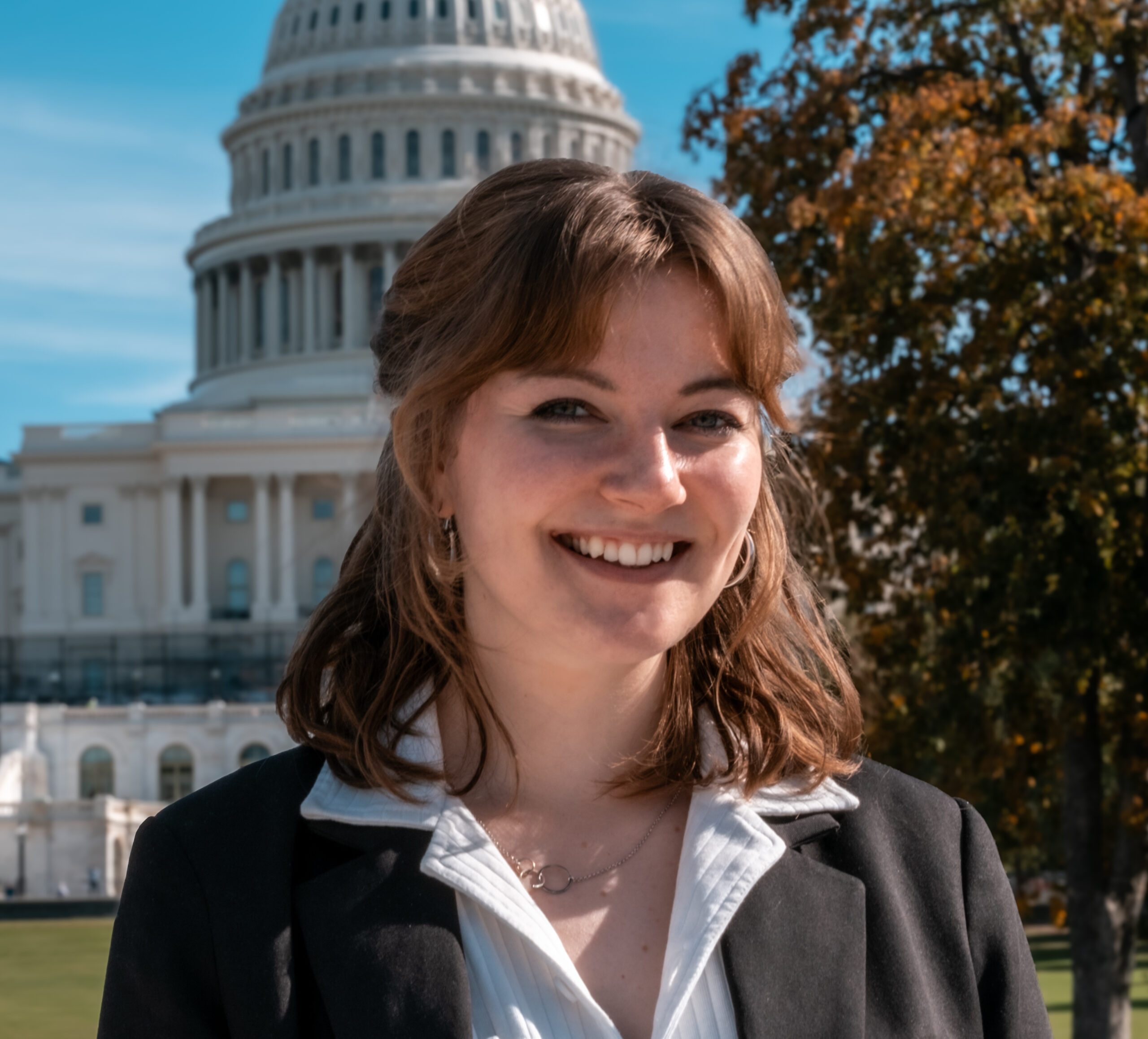Health Workers’ Crucial Role on Immunization Frontlines
In the heart of every community, there is a force often overlooked but indispensable in safeguarding the health of nations: health workers. This World Health Worker Week, we reflect on the remarkable dedication displayed by these workers, particularly in global immunization.

Each year, World Health Worker Week serves as a reminder of the invaluable contributions made by health workers around the globe. From administering vaccines to providing essential healthcare services, these dedicated individuals are the backbone of public health initiatives worldwide. As we recognize this week, it’s crucial to shine a spotlight on their tireless efforts, particularly for global immunization.
Health Workers and Immunization
Immunization remains one of the most cost-effective ways to prevent disease and save lives. Through vaccination campaigns, millions of lives have been spared from the devastating effects of illnesses like polio, HPV, measles, and other vaccine-preventable diseases. Behind the success of these campaigns and routine immunization programs are the health workers who ensure that vaccines reach every corner of the world.

The Vanguard of Polio Elimination
Polio, once a widespread scourge, now teeters on the brink of eradication thanks to the unwavering dedication of health workers. In the rugged terrains of Pakistan and Afghanistan—the final two polio-endemic countries where the virus stubbornly persists—community health workers stand as the vanguard in the battle against polio. Despite facing numerous challenges, including security concerns, cultural barriers, misinformation, and more, these frontline heroes persist in their mission to protect children from the debilitating effects of polio. They go street by street and traverse remote villages, often by foot or by bicycle, to ensure that nobody is left unvaccinated.

For one widowed mother in Karachi, Pakistan, becoming a community health worker who went door-to-door with her local Community Polio Vaccination Program meant overcoming immense obstacles. Reshma, a UNICEF-supported community health worker, explained that “in our Pathan culture, women are expected to refrain from even answering the door, so going out for work was viewed as utterly disgraceful.” Despite this, she persevered, and the number of families in her area of more than 1,000 households refusing to vaccinate their children dropped to just five as a direct result of her work. She and hundreds of other community health workers are the reason that the world saw only 12 cases of poliovirus last year.
Significant progress has been made in the fight against polio across these two countries, thanks to community health workers. Challenges persist, including vaccine hesitancy, inaccessible terrain, and civil unrest. Yet, community health workers remain undeterred, continuing their vital work despite the risks.
Fostering Trust Globally
The work of health workers extends beyond vaccine administration. They are often the first point of contact for individuals seeking healthcare services, providing crucial guidance and support in managing and preventing various health conditions. Their role in promoting health education and disease prevention cannot be overstated.
In the last year, the fight against HPV, a leading cause of cervical cancer, has been bolstered by the efforts of health workers who administer HPV vaccines and educate communities about the importance of prevention. Due to the taboo nature of discussing sexual health in many countries, health workers are at the forefront of breaking down stigma and opening conversations about vaccines against HPV to protect women against cervical cancer.

For Tina Iroghama Agbonyinma, a leader who trains and supervises a group of more than 70 fellow community health workers in Nigeria, the announcement that Nigeria would be introducing HPV vaccines in 2023 led to a pivot in her immunization work in Kano state. Last June, Tina spearheaded nationwide efforts to educate communities about the HPV vaccine—an issue of utmost importance in Nigeria, which has one of the highest global burdens of death from cervical cancer, losing over 8,000 women yearly to the disease.
Tina and other community health workers in Nigeria worked with schools, churches, and larger communities to raise awareness of the importance of the vaccine, saying “I tell them this is a golden opportunity… to eliminate cervical cancer and reduce mortality of women in our communities.” The outreach and educational efforts of these health workers, in addition to their work as vaccinators, will be critical to protecting over 16 million girls in Nigeria by 2025.
Recognizing Unsung Heroes
As we celebrate World Health Worker Week, let us express our gratitude to these unsung heroes who work tirelessly to protect the health of communities worldwide. Their commitment, compassion, and resilience in the face of adversity inspire us all. Honor their efforts by advocating for greater funding and resources for global immunization programs so they can continue their lifesaving work. Visit shotatlife.org/petition today to show your support.

